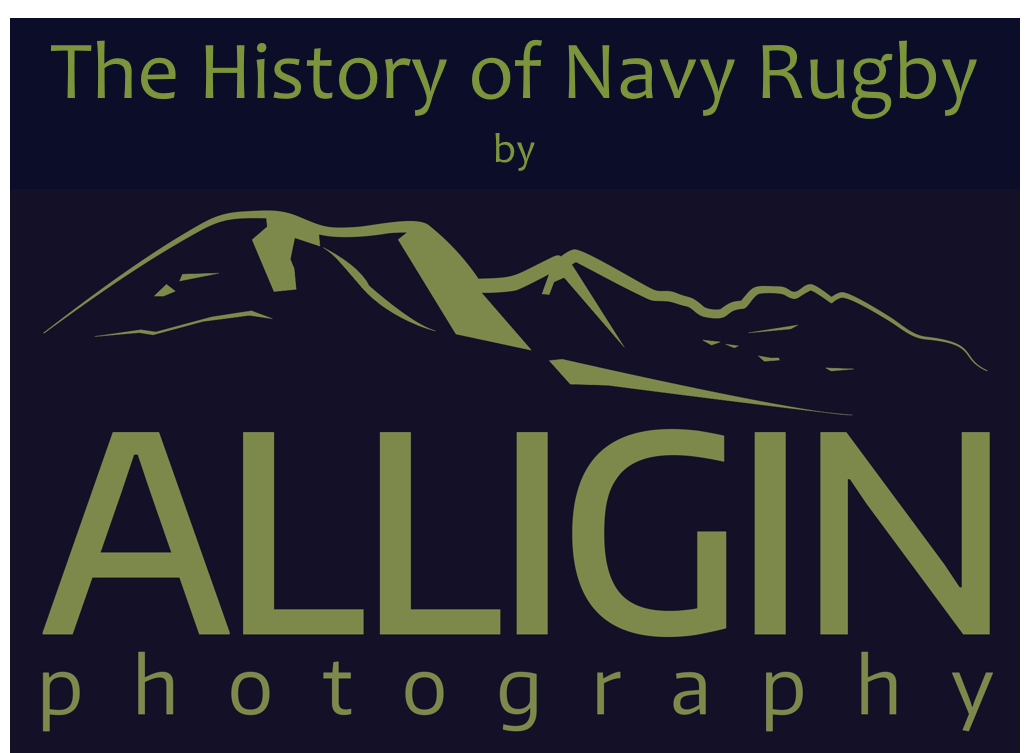It is 20 April 1991. The end of season show piece at Twickenham is the County Cup Final and Cornwall’s Trelawny Army has headed East up the A303 in their thousands to support their beloved side against Yorkshire. The final whistle was greeted with rapturous applause and injured skipper, now Chairman of the Royal Navy Rugby Union Chris Alcock OBE, walked up the steps to receive the cup from the RFU President. Earlier that day a young twelve year old had paraded resplendent in bowler hat (and with a pasty on a stick) as he led the ‘obby horse mascot’ around the pitch. Twenty-two years later that same lad became the Royal Navy Sports Control Board Sportsman of the Year, the first time a Navy Rugby player has won since 1977. In between he has become respected throughout the Service rugby world for his leadership and play on the pitch and his humility and ambassadorial qualities off the pitch. The end of season Twickenham show piece is now firmly the Army Navy match. It is a game that Dave has graced since his first cap as a replacement in 2000 and it is now one, as Captain, that he brings his own Trelawny Army in the form of the wider Pascoe family, as they head up to Twickenham to support their lad.
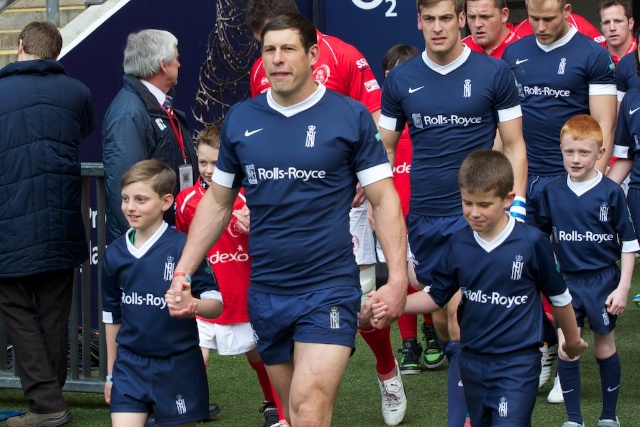
“Pascoe played well choosing his options wisely. For a first cap he can be pleased with his performance, his tactical kicking was sound as was his service to the fly half. It remains to be seen how he will cope behind a retreating pack.” These words were written after the RAF match in 2001, Dave’s second cap but first start for the Royal Navy. The author is still a wise commentator on Service Rugby and I am sure he will answer his own question, but for me, Pascoe has over the years proved himself a very capable scrum half on both the front and the back foot.
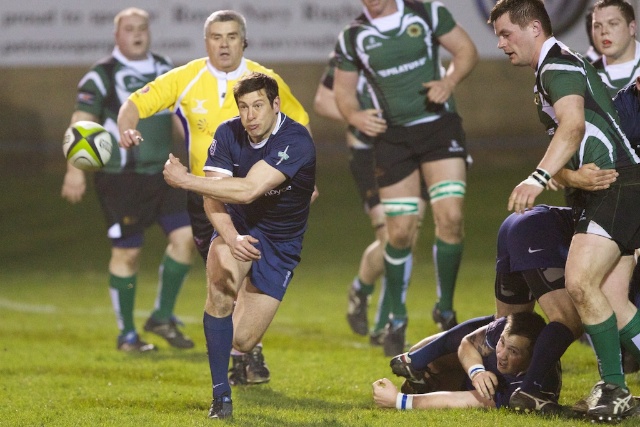
His first two season’s of Navy Rugby certainly produced more highs than lows for the new scrum half. In 2000, a successful tour of Australia saw the Royal Navy win the inaugural Commonwealth Navies Cup, a competition that Dave has featured in ever since, and in 2001 the Royal Navy won the Inter Service championship. Dave had celebrated his first start with a try against the RAF and contributed sixteen points in the win over the Army. In his first season he had been captained by the Navy’s most capped player, Bob Armstrong, whilst in his second season he was captained by the third most capped player, Dan Parkes. Very different captains and personalities, but both able to give the young scrum half a solid grounding in what it means to represent the Royal Navy.
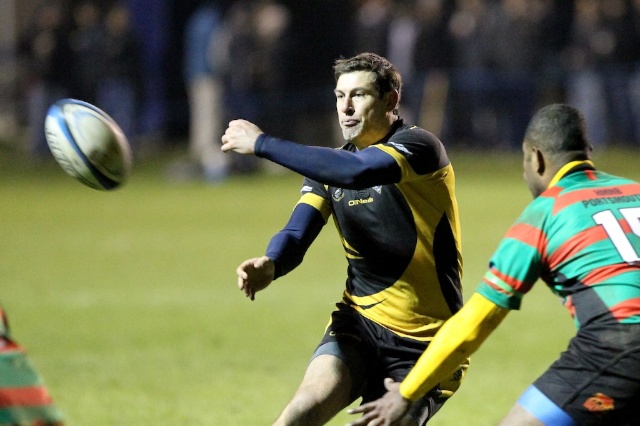
I am sure that at the end of the 2001 season Dave Pascoe wasn’t thinking that Navy Rugby was about to endure the longest winning sequence in Service rugby. Unfortunately from the Navy point of view it was the Army who were doing the winning. It is a testament to Dave’s ability that during this time he never lost his place and kept a number of very talented scrum halves behind him.
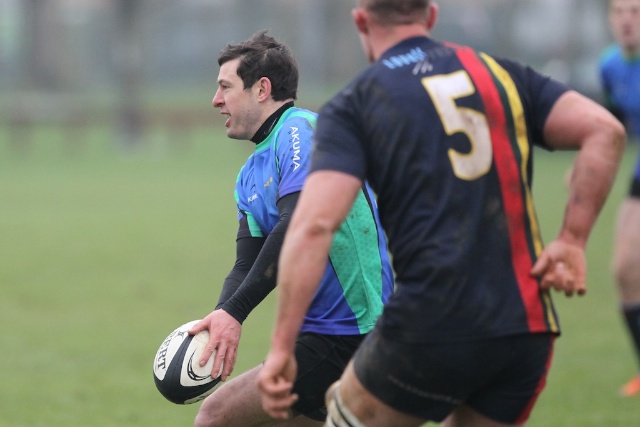
In 2006 it finally happened. Pacco lost his starting place ‘at 9’. It was the Royal Navy Rugby Union’s Centenary Season and a young marine, Andy Quick, was the new kid on the block. Quick by name and nature, Andy had burst on to the season and was blessed with a lightening pass and very capable of sniping around the fringes. Clearly it was to be a disappointing season for Dave after winning eleven consecutive caps. Hardly! For the Centenary season Dave was moved to fly half and also made Captain, leading his team against the Barbarians, during the Inter Services and also in South Africa for his third Commonwealth Cup campaign.
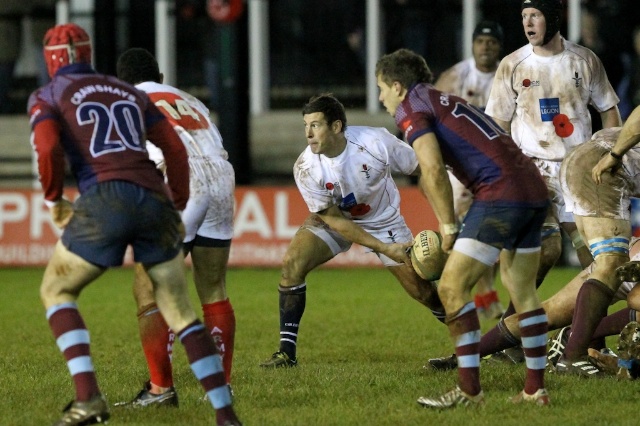
‘Normal service’ was resumed in 2007 when Dave returned to his favoured position of scrum half. By now Dave was an established member of the Combined Services team, having won his first cap in 2002 and been appointed Captain for the 27-24 win over the Barbarians in the same year. Clearly the Barbarians saw qualities in Dave that they admired because he was invited to represent ‘the world’s most famous rugby club’ in their annual Mobb’s Memorial match. Clear recognition of the respect he had now earned. This was further endorsed with selection in 2008 for the Help for Heroes Charity Rugby Match. Joe Simpson (England and London Wasps) kept Pascoe out of the starting XV but he did take the field to play scrum half behind a backrow of Lawrence Dallaglio, Richard Hill and Matt Cornish. Although Matt was probably not known out of Service circles it will have made a change for Dave not to have been harangued by the RAF’s terrier like openside.
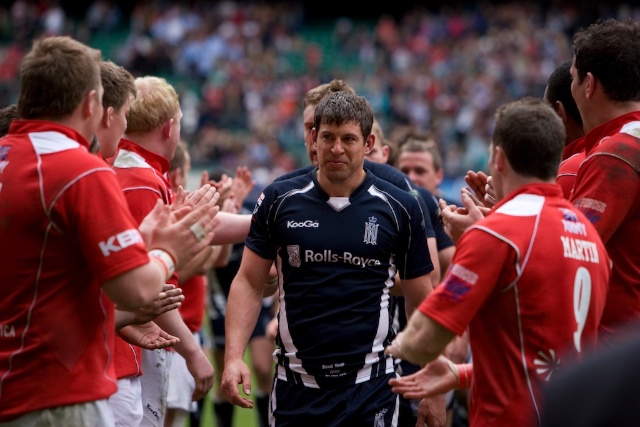
In 2010 Dave Pascoe emulated Chris Alcock from 1991 and climbed the Twickenham steps as the winning captain. He had led his side to a last minute victory over the Army and a first Inter Service title since that year of his first start, 2001. His missed conversion had only added to the tension of the final two minutes. Not many in Service rugby would have begrudged Dave that climb. Since that early win in ’01 he had served a long and at times painful apprenticeship. He has won the respect of his peers around the Service rugby world and what is more, like a fine Bordeaux wine, seems to be improving with age.
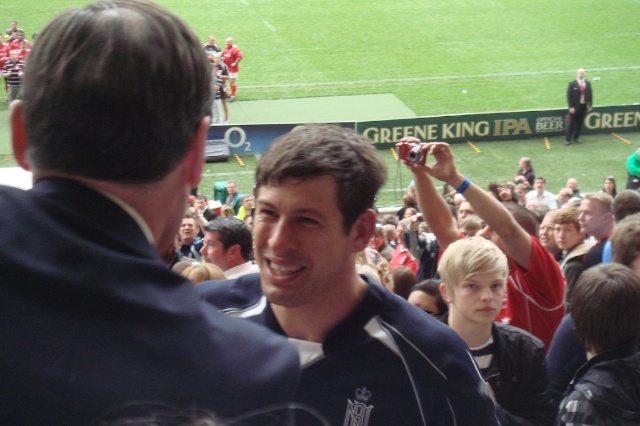
Since that win Dave has remained a key member of the Senior XV leadership group and has played a huge part in the rebuilding of the side. Helping to integrate the many youngsters that have been blooded over the last couple of seasons. Two more trips to Australia, first for the Defence World Cup, and then to continue the Commonwealth Cup winning sequence have been fitted around an increasingly busy work and family life. Fourteen season’s representing the Royal Navy Rugby Union at the highest level could not have been achieved without the unswerving support of both. It has always been the case as highlighted by the then chairman of Royal Navy Youth Rugby, David Pond, in his program notes before the U21 Inter Service decider between the Army and Navy in 1999 (yes Dave was playing) “Operational and training commitments make it ever more difficult for players and coaches and support staff to prepare for the Inter Service matches and I am grateful to them and their families for sacrificing so much of their own time to do so.”
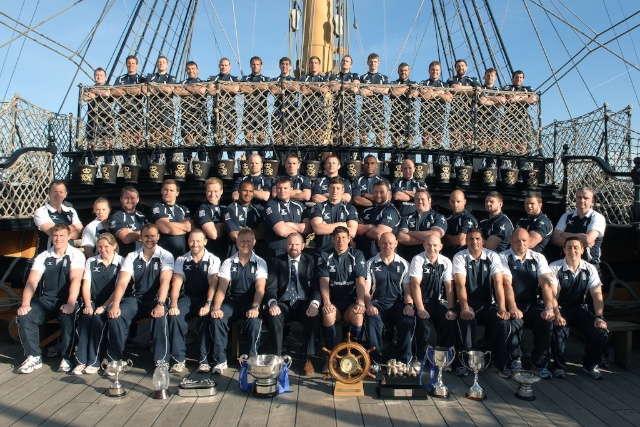
Dave Pascoe is certainly deserving of the Royal Navy Sportsman of the Year Award. His name joins a list of very talented sportsman from the Royal Navy and Royal Marines. The list includes internationals, Olympic medal winners, World Champions and of course Navy Rugby’s own Paul ‘Dunnso’ Dunn (1977 RN Sportsman of the Year). Paul and Dave share many similarities, and not just the Fleet Air Arm heritage. Like Paul before him, Dave Pascoe is a true sportsman, filled with drive, determination and competitiveness but balanced with humility and the emotional maturity to ensure that balance is always maintained. In recent years many Navy Rugby players have gained, greatly, from Dave’s sporting qualities and it is appropriate that these have now been recognised by the Royal Navy Sports Control Board.
